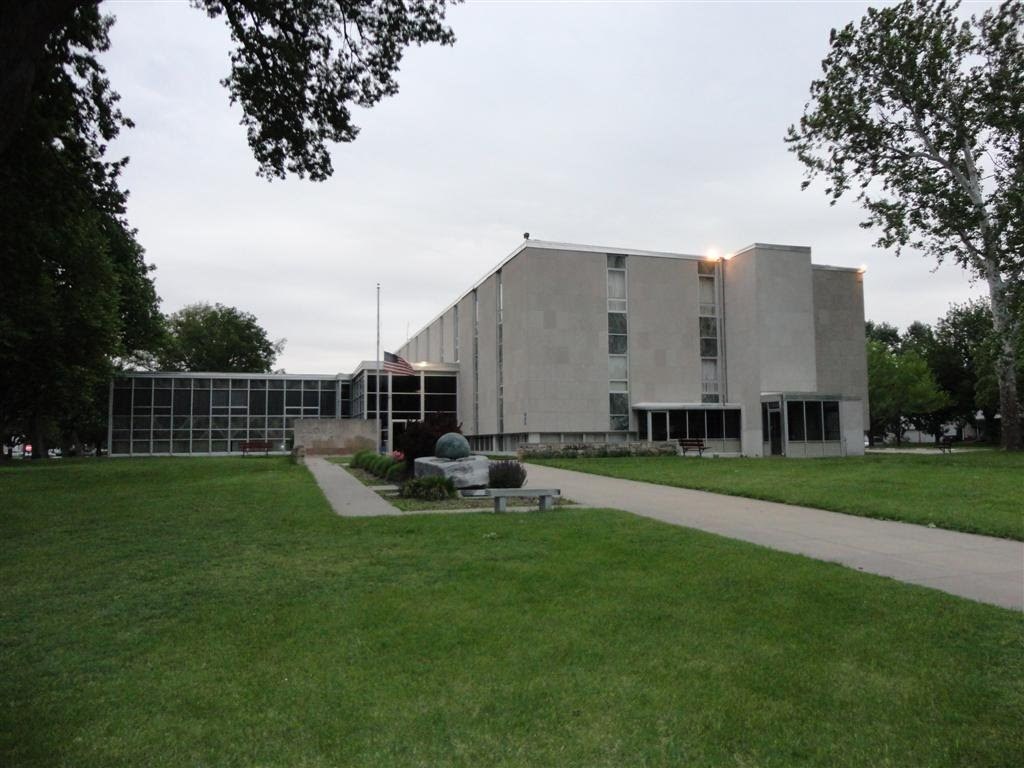Since the founding of our communities, organizations, businesses and citizens have stepped forward to build and serve their community. Click on any of the logos below to learn about those who made this website possible! If you would like to learn about becoming a sponsor CLICK HERE!
- County: Cloud County, KS
- Region: Northeast KS
- Sponsors
- About Concordia, KS
- Businesses
- Community Organizations
- Faith Organizations
- Festivals and Events
- Points of Interest
- Veterans
- Visit Website
Learn how to Contribute to any of the above categories.
No news yet. Got some news? Hit that NEW POST button!
About Concordia, KS
Once it was a beautiful valley where nomadic Indians roamed. Then the decade between 1860 and 1870 brought settlers.
Shirley County was established on February 27, 1860, by the last Kansas Territorial legislature. Kansas became a state on January 29, 1861. At first Shirley County had been erroneously attached by the legislature to Marshall County, but later it was attached to Washington County. By an order of Governor Samuel J. Crawford, Shirley was organized as a county on September 6, 1866, with Moses Heller, G.W. Wilcox and Henry Lear as the appointed county commissioners, with N.D. Hagaman as the county clerk, and Elk Creek (later Clyde) as the temporary county seat.
On November 6, 1866, an election was held to select county officers and a permanent county seat. John W. Rupe was elected Shirley County’s representative in the legislature. Quincy Honey was elected the first sheriff. Charles Davis became the first elected county clerk. Lew Fowler, Moses Heller and William English became the first elected board of county commissioners. Rochester was selected to be the county seat, but thereafter Rochester was simply ignored.
In 1867 James M. Hagaman, Concordia’s founder, settled on a tract on the south river bank half way between the east and west boundaries of the county. His homestead was to become the north part of Concordia. George W. Andrews settled on what was to become the heart of the town. The land south of Andrews – which was to become the county seat – was still virgin prairie.
On May 27, 1867, the legislature changed the county’s name from Shirley to Cloud.
Today, Concordia is a beautiful, modern city in the Republican River Valley among the rolling hills of north central Kansas, a city of proud and happy people. Its population of nearly 5,400 persons has a progressive ethnic background. The town has long enjoyed steady progress, harmony and concord.
The air is pure; clean winds blow across wheat fields and prairie snow with equal freshness. If you want to live where the good life can be fostered in the present and secured for the future, where industry can thrive in the midst of surrounding countryside, come to Concordia.
Businesses of Concordia, KS
The businesses of our towns are truly the lifeblood of each community, click on any businesses below to learn about them, to learn how to add your business to your town and county page CLICK HERE!
Cloud County, KS
Visit our county page and you will find information about our town and county's points of interest, festivals/events and faith community. You also will learn about the community organizations that have built and continue to build strong communities (chambers, community groups, and departments, etc) and much more when you visit the Cloud County, KS page.

